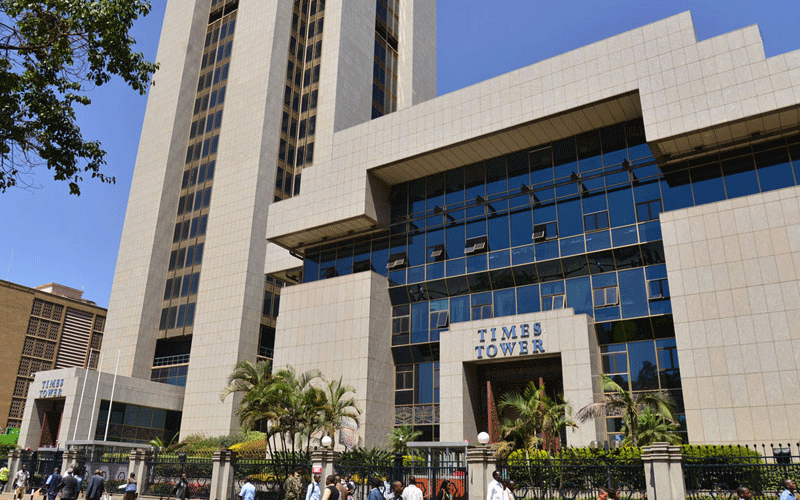Lifting of Covid relief measures bad for economy
By Phyllis Wakiaga, December 23, 2020There is an emerging global consensus that Covid-19 will be with us for a long time to come.
However, the announcement by a number of pharmaceutical companies of the discovery of a vaccine, is a sigh of relief after several months of anxiety.
Governance structures and fiscal policies must, therefore, be designed to support economic recovery in the long-term.
While the pandemic revealed opportunities for some sectors of the economy, no industry has been immune from the impact of Covid-19. Governments introduced fiscal stimulus packages and eased monetary policy to support economic activity.
Here in Kenya, the government announced a raft of measures to cushion the economy from shocks arising from the pandemic.
Some of these include reducing Pay-As-You-Earn (PAYE) rate from 30 per cent to 25 per cent; decreasing of the value-added tax (VAT) rate from 16 per cent to 14 per cent and reduction of the resident corporate income tax from 30 per cent to 25 per cent.
Government also announced a 100 per cent tax relief for those earning a gross monthly income of up to Ksh 24,000.
However, through the proposed Tax Laws (Amendment) (No.2) Bill, 2020, Government seeks to roll back some of these measures, from January 2021.
Other taxes coming into effect in the same period are Minimum Tax, applicable at one per cent of the gross turnover and Digital Service Tax, that is payable on income derived or accrued from services offered through a digital market place.
Understandably, Government saw a dip in revenue collection due to the pandemic, and is trying to raise more, albeit in a constrained business environment.
We are trying to go back to pre-Covid fiscal policy regime at a time when businesses are still reeling from the impact of the virus.
From a Kenya Association of Manufacturers (KAM) Manufacturing Barometer Survey (July-September 2020), only 33 per cent of local manufacturers had a positive outlook of the economy, for the fourth quarter (October – December 2020).
At least 44 per cent of surveyed manufacturers expected a positive performance of their businesses from October 2020 – March 2021.
On the other hand, only seven per cent of surveyed firms operated at near full capacity in April – June 2020, with 43 per cent operating at approximately a quarter of their installed capacity.
This demonstrates the grim realities and challenging business environment manufacturers are currently operating in.
It is clear that the economy will continue to suffer from shocks arising from covid-19, long after the initial disruptions that came about when the pandemic broke out earlier in the year.
Moving forward, our policy focus as a country needs to support sustained economic recovery.
This requires policy measures designed to limit the pain of adjustment, whilst preserving productive jobs and businesses, as well as supporting liquidity.
Reverting back to taxation policies that were in place before the pandemic, will only deter economic recovery.
As a country, we should use the pandemic as an opportunity to rethink our current economic model to align to the “new world” that is currently being created.
We can do this by increasing the resilience of Kenya’s economy by ensuring long term policy stability, improving the ease of doing business and development of regional value chains to minimize exposure from external shocks.
One of the recommendations of KAM’s Policy and Resilience Policy Toolkit is the adoption of a “do-no-harm” principle by government while intervening in the market.
This shall enable businesses, and the economy, to recover from the effects of the pandemic.
Rolling back measures meant to cushion them will only impede an economic rebound.
— The writer is the CEO of Kenya Association of Manufacturers and the UN Global Compact Network Kenya Board chair — ceo@kam.co.ke
